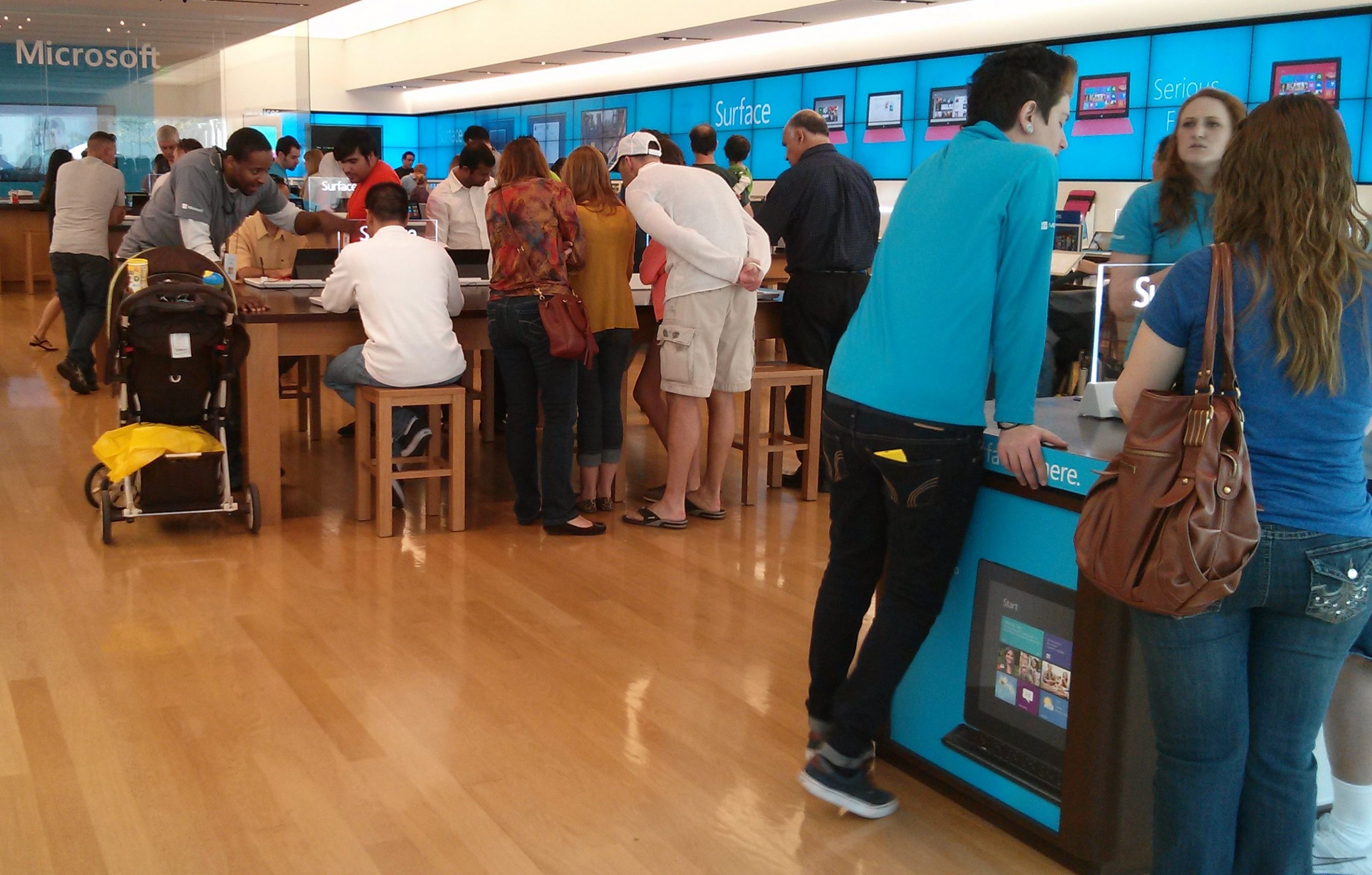
Microsoft CAN win the hearts of consumers
Many people want Microsoft to die, and the sooner the better. I’m not in that group, although I understand that years upon years of letdowns through viruses, DLL hell, BSODs (Blue Screens of Death) and a myriad of other problems lead many in the tech world (and consumer world, too) to walk away from everything Microsoft. Add to that the growth of the Internet and mobile devices as well as slumping PC sales, and you can see why so many wait with baited breath to see the company go away for good.
Nevertheless, quarter after quarter Microsoft continues to prove that it still has life and isn't going anywhere anytime soon. In fact, in 2011, CEO Steve Ballmer explained how the company intends to reinvent around devices and services. Seeing that the growth of mobile devices and the services that support them represent the future of computing, Microsoft responds yet again to the changing world of computing.

Windows Blue won't be the end of the Desktop UI
Tech journalists are talking about what Windows Blue will mean for the future of Windows. Actually, no matter what anyone suggests, only Microsoft really knows what it has planned for future versions. What really is important though is how changes to the operating system will affect software developers, plus businesses, and why considering this may be far more important in the long run.
In recent years we have seen the over-consumerization of computers, in particular the shift from desktop PCs to tablets and other portable devices. Everything seems to be all about mobile today. But is mobile and touch the future of computers ?

Google 'Peanut Gallery' is a brilliantly-conceived Web Speech API demo
If you want to get any more work done today, read no further! Google unveiled the "Peanut Gallery" a fun, silent-move-making tool showcasing the Web Speech API released with Chrome 25 last month. You could fritter away hours creating and sharing funny clips.
"We thought it would be fun to demonstrate this new technology by using an old one: silent film", Google's Aaron Koblin explains. "The Peanut Gallery lets you add intertitles to old black-and-white movie clips just by talking out loud while you watch them. Create a film and share it with friends, so they can bring out their inner screenwriters too".
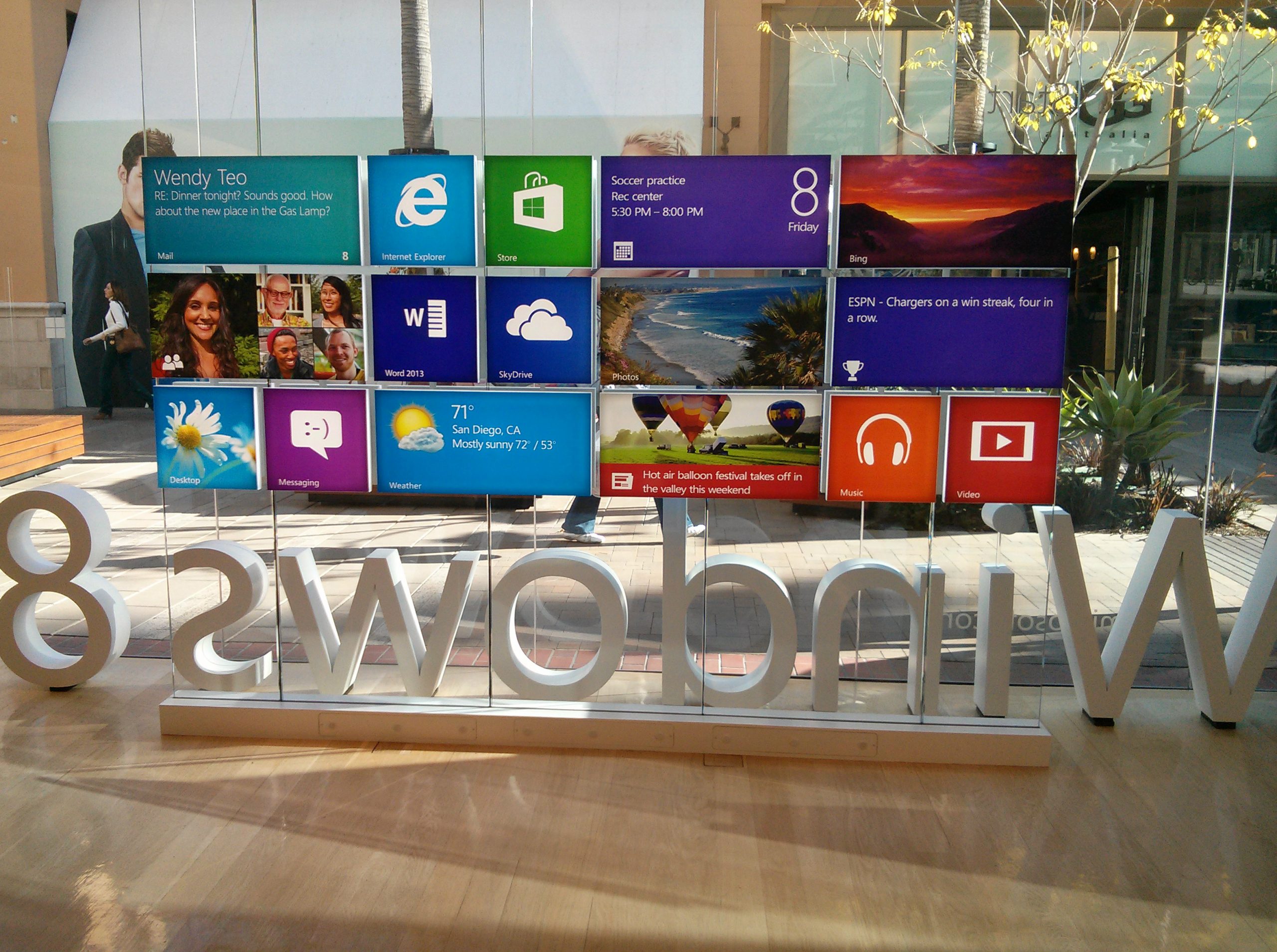
How I came to love Windows again
Two words: Surface Pro. For most of February, I used Microsoft's Windows 8 Pro tablet as my primary PC and loved the experience.
I haven't felt so good about using a Microsoft operating system for a decade. Actually, I've never felt like this. Windows 8 Pro is simply amazing when experienced on the right device, and starting point is touch. Modern UI really works for me. Windows 8's visuals are stunning, making a truly satisfying and fun place to work. I enjoy working on Windows 8, which pretty UI beckons me to come back again and again.

Microsoft should either piss or get off the pot
Late last month, I wrote about how NUI (natural user interface) technology is Microsoft’s Trojan horse to draw consumers to the company's latest and upcoming devices. I definitely see a key technology strategy, but is it enough?
Kinect got the attention of many consumers, who were not considering the Xbox, and it sold a ton more consoles. But did Kinect keep consumers interested? How many people actually continue to regularly use the controller? In the same way, if Microsoft integrates deep natural language voice-controlled interfaces and camera-based gesture inputs into its next round of products and services, the company could easily get consumer attention and sell more phones and Surface tablets. That's not enough. What must Microsoft do to ensure these consumers remain interested in their new devices and services?

NUI can save Microsoft
I don’t know about you but as a lover of technology and the world around it, I find these times to be quite compelling. Apple, Google, Amazon and Microsoft (the big four) are setting the stage for an epic battle for tech dominance. The many articles and blog posts calling Microsoft dead in the water are way too premature. We are way too early in this new world of mobile computing to call Microsoft out of this game.
However, I will say this: If any of the four previously mentioned companies are in the most danger of failing at the consumer market, it’s Microsoft. The company better figure out how to get things together and quickly as time is not on the leadership's side and their competition is hitting on all cylinders.
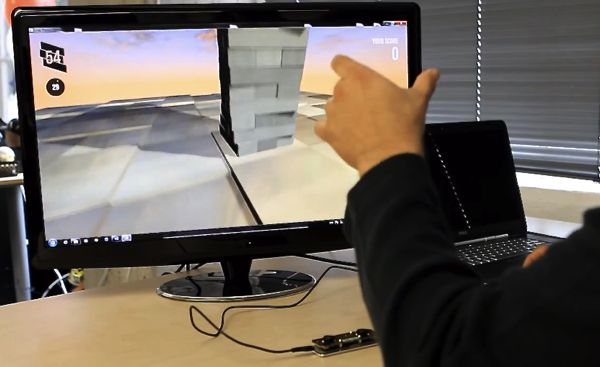
10,000 more free Leap Motion 3D controllers for devs, brand new SDK released
It took only one week for San Francisco motion control startup Leap Motion to attract 26,000 developers in 143 countries to its pocket-sized 3D space motion controller for PCs. Now, that number has climbed to more than 40,000.
Today, the company provided some big announcements on the progress of Leap Motion, including a new exclusive game demo, an updated SDK, and a round of 10,000 more free developer units.

Why would Microsoft limit the Windows Phone 8 Preview Program SDK?
Microsoft's plan to only let a few key developers into the Windows Phone 8 Preview Program SDK, understandably upsets many developers. For a plaform with only about 3 percent market share, Microsoft needs all the supporters it can get, or so the presumption goes.
Why lock out most of the people needed to develop apps that take advantage of your new platform? I think there could be two possible answers: (1) a new marketplace strategy based on the quality of apps, and (2) major unannounced features.

Windows 8 is a graphic shift in computing habits
Last in a series. If you read tech blogs as much as I do I am sure you have seen a number of articles criticizing Windows 8. Among these are articles that focus on the overall design of the Modern UI and its numerous inconsistencies. I saw a forum post on one website claiming that visual designers hate Windows 8?
The reason, hold on to your seat because this one is a doozy: the Modern UI design language has done away with drop shadows and realistic looking icons; in other words, the interface looks nothing like the skeuomorphic interfaces of Apple and to some degree, Google.

Microsoft Slashes Xbox 360 Kinect price
If you live in the right region, the game controller now costs $109.99 US, Microsoft revealed today. Say, didn't Kinect sell for $149.99 yesterday? That's a helluva discount out of season.
Microsoft's Larry Hyrb describes this as a "permanently reduced price". Well, it is for some -- North America, Latin America and Asia Pacific now and Australia and New Zealand on October 4. Europe, Middle East, Asia and Japan won't see permanent price cuts.
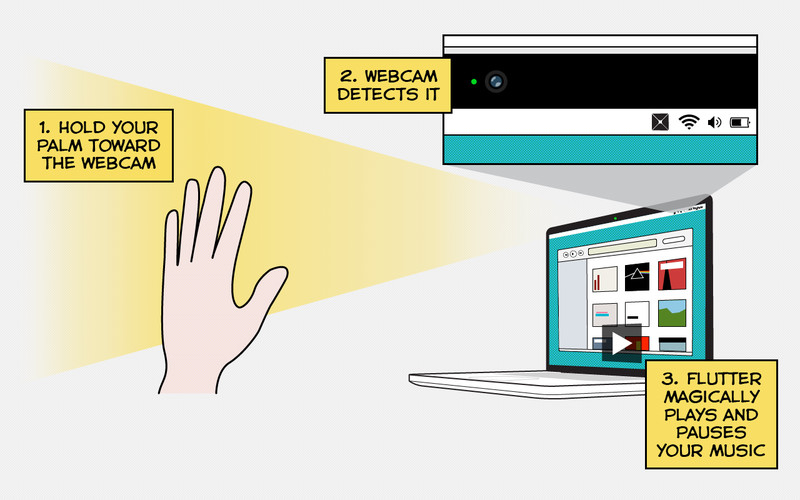
Flutter gives you (basic) gesture control of media via your webcam
Gestures are where it's at these days, with the Kinect add-on for Xbox 360 and the motion controls of the Wii allowing for direct interaction with games and other software. Even mobile devices such as Android and iOS phones and tablets are making greater use of gestures rather than just for menus and buttons. Touchscreen displays for Mac and PC make gesture interfaces possible in Windows and OS X, but Flutter enables you to use your webcam to interact using gestures.
As you can tell from the version number (currently 0.1.185), this is a very early version of the software and things are a little limited at the moment – but that’s not to say that it is not still worth taking a look at. At the moment, Flutter can be used to control your media player, enabling you to use basic hand gestures to start and pause music or video playback.
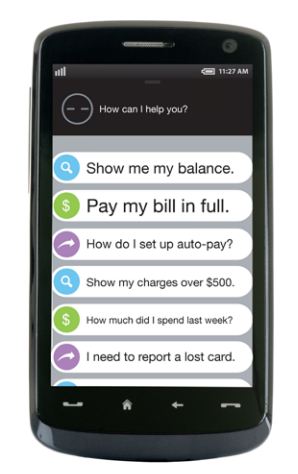
Siri's little sister Nina just came out to play, wants to show you her API
Nuance Communications, Inc., the company known for Dragon Naturally Speaking dictation software, the Swype virtual keyboard, and T9 text completion has just announced its very own digital mobile assistant platform named Nina.
Nuance, who also contributed behind the scenes to Apple's Siri, is taking a different approach with Nina. Nina will be released as a global speech-based virtual assistant for both iOS and Android mobile apps, and will also come with a Virtual Assistant SDK.

Microsoft learns from Apple -- hardware creates innovation, software doesn't
Earlier this week, Microsoft bought Perceptive Pixel, a touchscreen development company. Many people see this as Microsoft's commitment to the Surface tablet, the Windows 8 operating system and idea that touchscreen technology will play a much bigger role in the near future.
Currently, Perceptive Pixel has three different models featuring 27-inch, 55-inch and 82-inch touchscreens, and while that certainly is a long way from the 7-inch Surface tablet, it could very well mean that part of the company's technology finds its way into a second-generation tablet or a refresh of the first. The acquisition could have an even larger effect than that. Big changes are afoot.

Does your PC have touchscreen display? You need Microsoft Touch Pack for Windows 7
Windows 8 may be the time when touchscreen technology finally comes of age in relation to laptops and desktops, but much of the groundwork is already present in the current version of Windows. Purchase a touchscreen display now and you’ll find Windows 7 is more than capable of letting you control it via your fingertips.
Microsoft didn’t do an awful lot to push touchscreens in Windows 7, however. One thing it has provided, though, is a collection of tools and games that showcases the touch interface. If you have a touchscreen display and you’re running Windows 7, you need the aptly titled Microsoft Touch Pack for Windows 7.

Will Microsoft's mystery product be 'clap on, clap off' for mobile?
Cue up the rumormill for anyone's guess what Microsoft will announce at 6:30 pm EDT on Monday. I'll throw out one, inspired by software developer Robert Johnson, who occasionally writes for BetaNews (and we wish it was more often).
"If Mashable is correct and Microsoft really is gonna announce a self-manufactured tablet then it could possibly be a further refinement of the laptop that was rumored a few months ago", he speculated. "Remember how there were reports of people who had seen a device made by Asus that contained Kinect cameras?" Yes I do, and replied: "Kinect mobile has limited applications, but they're big for key enterprise markets, such as healthcare. Otherwise what have you got? 'Clap on, clap off' for PCs".
